The internet today is not as private as many people think. Most websites track users, governments monitor online activity, and internet service providers (ISPs) can see everything you do online. This is where a VPN or Virtual Private Network helps. But even traditional VPNs have problems – they are still controlled by companies, can be blocked, and are vulnerable to data leaks.
A decentralized VPN (dVPN) is a new solution built with blockchain technology. It offers more privacy, better security, and more freedom. These are also known as blockchain VPNs. In this post, we’ll explain what dVPNs are, how they work, and how they use crypto to create a secure internet.
What Is a Decentralized VPN?
A decentralized VPN is a type of VPN that does not rely on a single company or server. Instead, it uses a network of computers (also called nodes) run by people around the world. Each node shares some of its internet bandwidth and earns crypto in return. You can connect to one of these nodes to browse the internet privately.
Unlike regular VPNs, dVPNs are not controlled by one company. This means no central point of failure and no single party storing your data. That makes it much harder for hackers, governments, or even VPN owners to spy on users.
How Does a dVPN Work?
Here’s how the basic process works:
- You open your dVPN app.
- You choose a node or let the app pick one.
- Your internet traffic is routed through that node.
- Your IP address is hidden, and your data is encrypted.
- The node owner earns crypto tokens for sharing bandwidth.
This process is powered by blockchain VPNs, where smart contracts manage payments and data flows. Since no single company handles everything, the network stays fair and secure.
Benefits of Using a Decentralized VPN
Using a dVPN has many advantages over traditional VPNs. Here are some key benefits:
Feature | Traditional VPN | Decentralized VPN (dVPN) |
Control | Centralized company | Peer-to-peer network |
Privacy | Logs may be stored | No logging, no central control |
Security | Can be hacked or blocked | Distributed and more secure |
Payment | Subscription in fiat | Crypto payments, often cheaper |
Censorship Resistance | Can be blocked easily | Hard to block or censor |
A dVPN helps users avoid censorship in countries with strict internet laws. It also protects whistleblowers, journalists, and everyday users who just want privacy.
Role of Crypto in a dVPN
Crypto plays a key role in making a decentralized VPN work. When you use a node, you pay for the service using a crypto token. These tokens are part of the blockchain that supports the dVPN. The more users and node providers there are, the stronger and faster the network becomes.
Some popular dVPN projects include:
- Sentinel (DVPN) – One of the first open-source decentralized VPNs using Cosmos blockchain.
- Orchid (OXT) – A blockchain VPN that lets you pay as you go using OXT tokens.
- Mysterium Network (MYST) – Allows users to sell their bandwidth and earn MYST tokens.
Each of these uses crypto to support a secure, fair, and private internet. This is how we move toward a true crypto secure internet.
Challenges and Risks
Like any new technology, dVPNs have some challenges:
- Speed: Since you rely on nodes, speeds can vary.
- Availability: Not all dVPNs have a large number of active nodes yet.
- User Experience: Setting up a dVPN may be confusing for non-technical users.
- Trust in Nodes: While the network is decentralized, you still rely on unknown node owners.
However, most dVPN projects are working to improve these issues. As more people join the networks, the systems will become more reliable and faster.
The Future of a Crypto Secure Internet
The demand for online privacy is growing. People are tired of being watched and tracked online. A decentralized VPN gives users a real way to take back control. With blockchain VPNs, no company can sell your data. With crypto, payments are easy, anonymous, and fair.
In the future, we may see more services go this route – using decentralization and crypto to create a more secure, private internet. These tools can help everyone enjoy a free and open internet, no matter where they live.
If you’re serious about your privacy, it might be time to try a decentralized VPN. It’s a step toward a better internet—one that values your right to stay anonymous and safe. With the help of blockchain and crypto, we now have the tools to build a crypto secure internet for everyone.
Remember, investing in cryptocurrencies involves risks, and it’s important to conduct thorough research and seek professional advice before making any financial decisions. (Please keep in mind that this post is solely for informative purposes and should not be construed as financial or investment advice.)

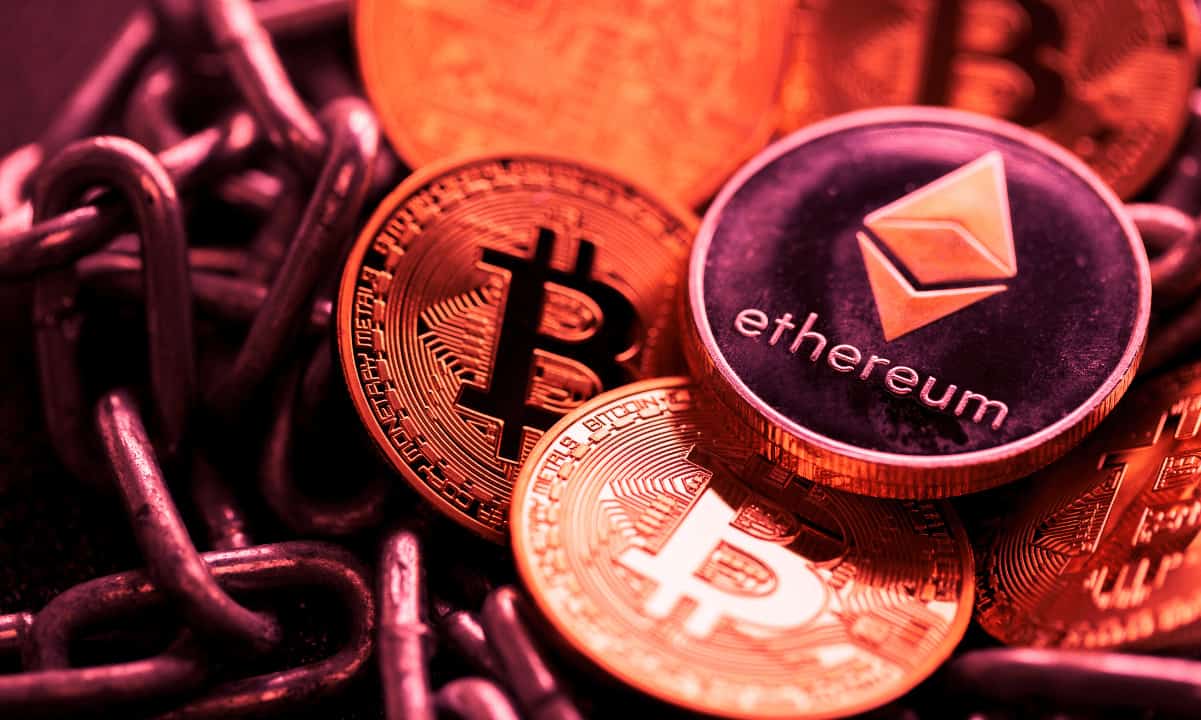
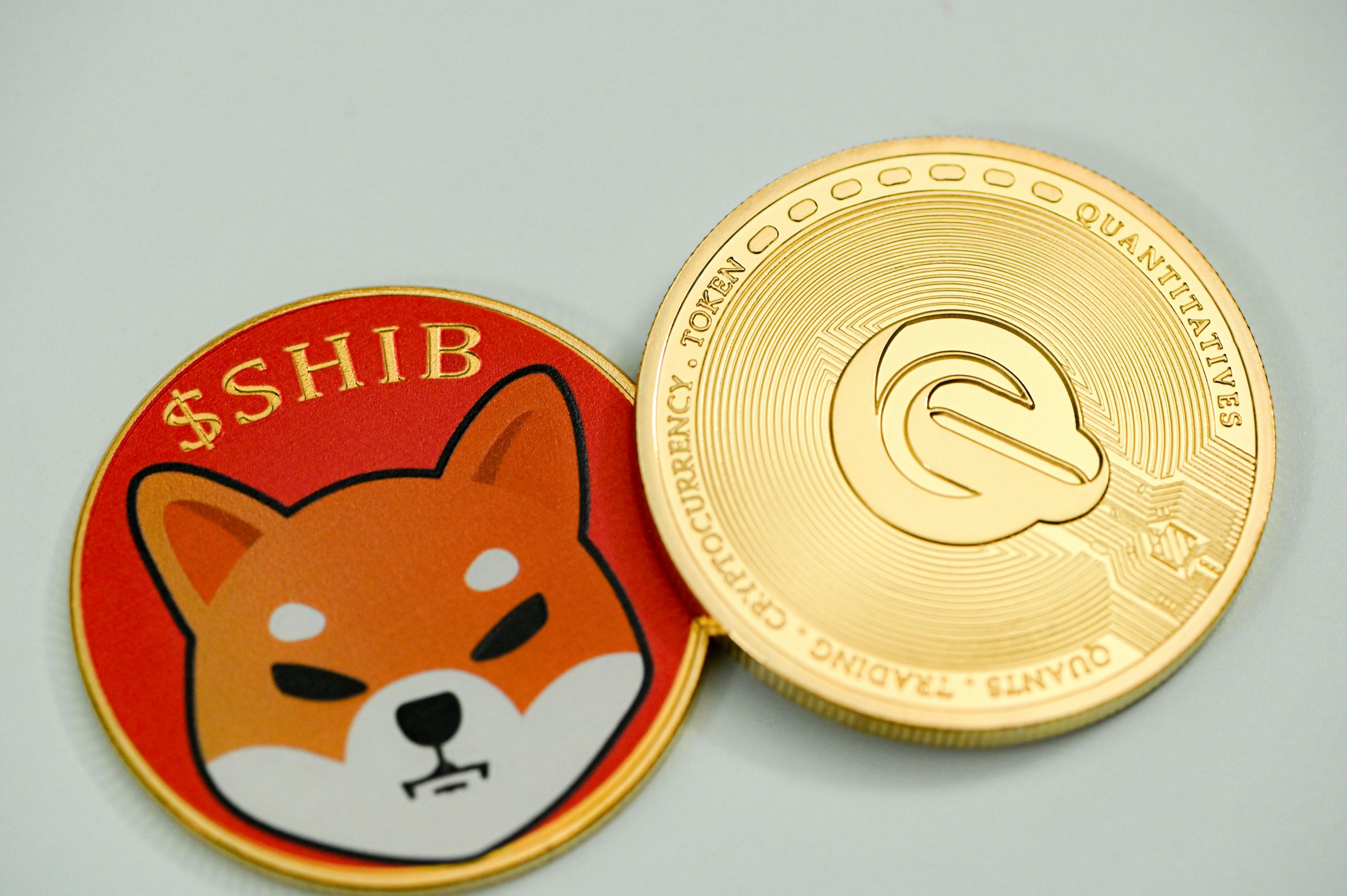
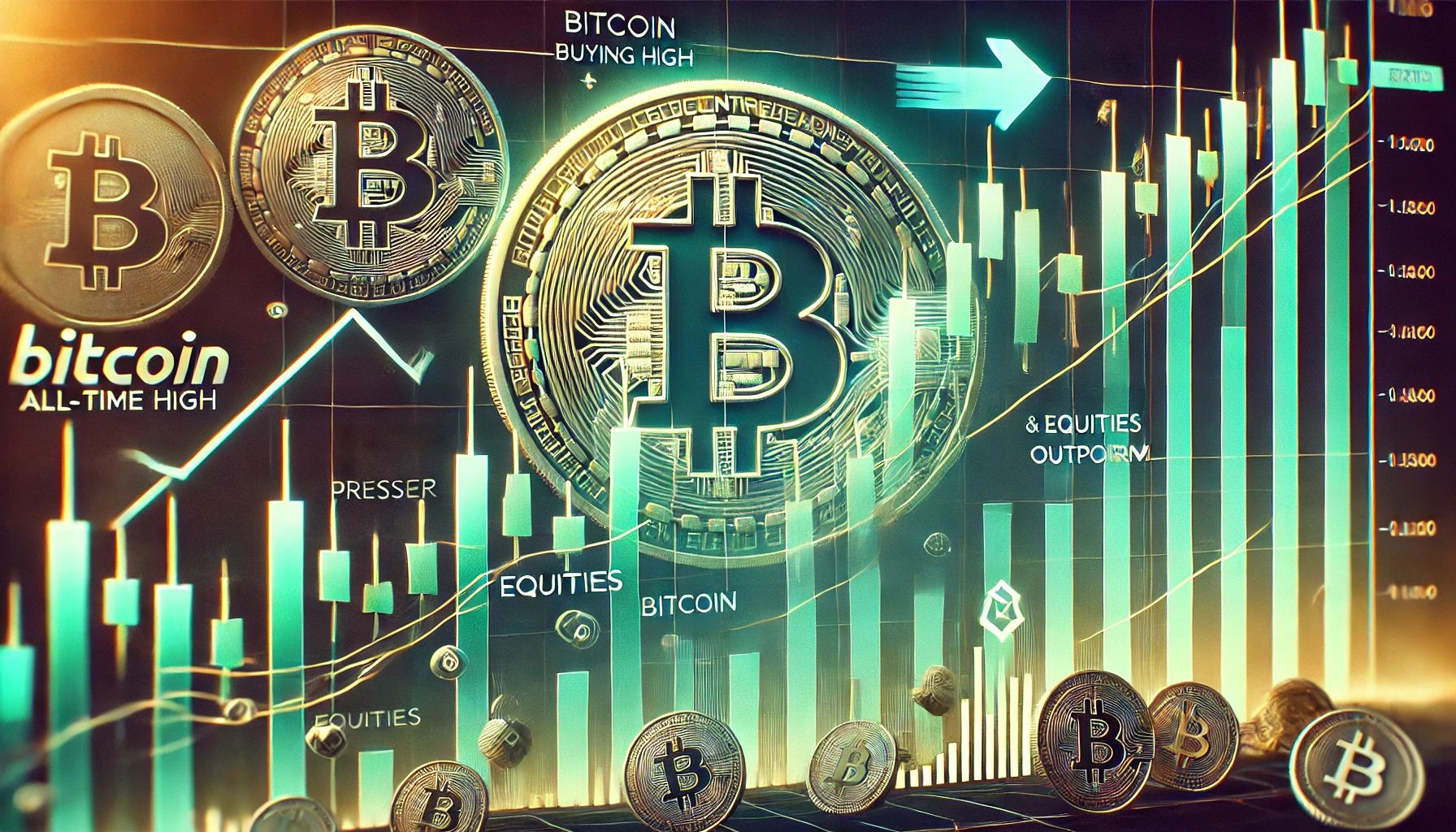
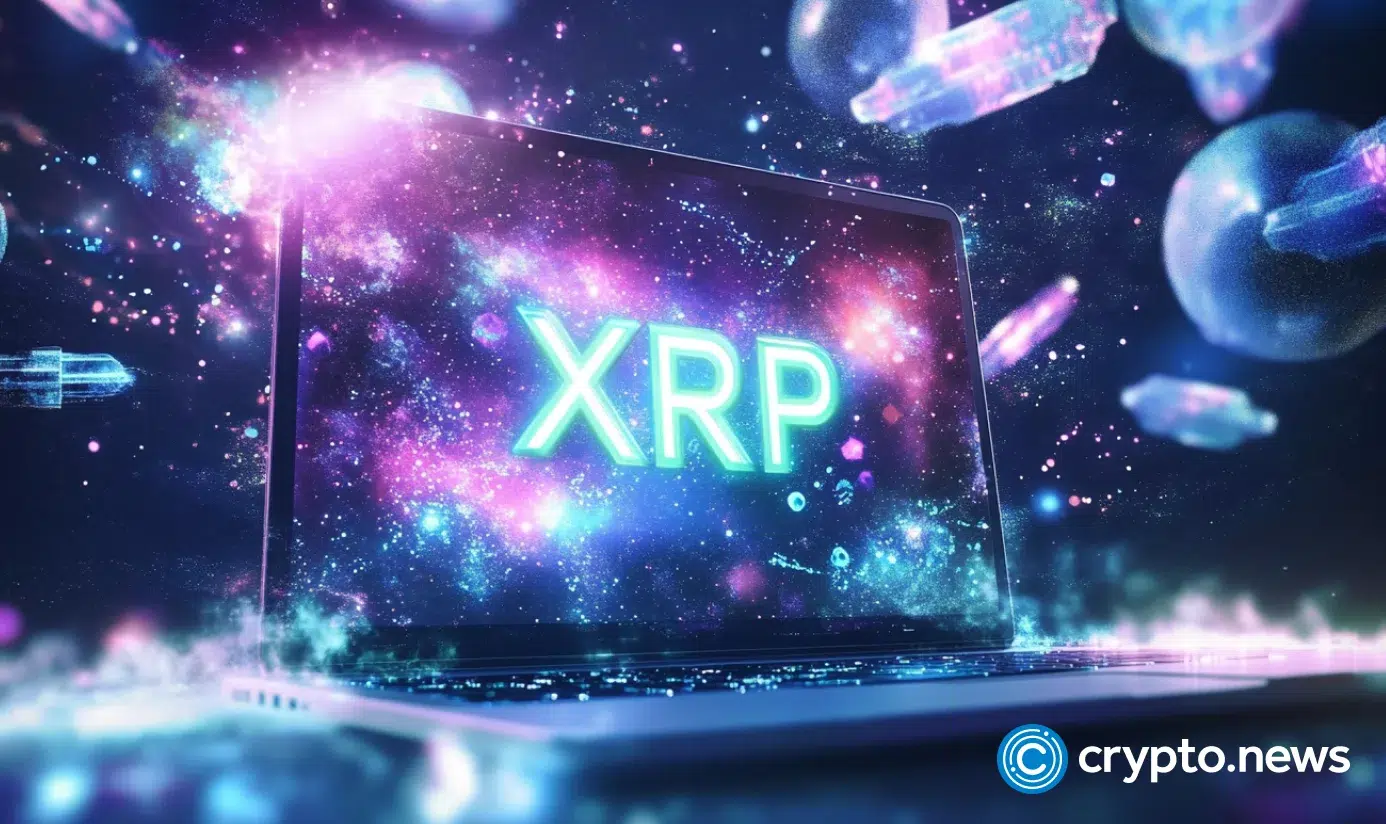

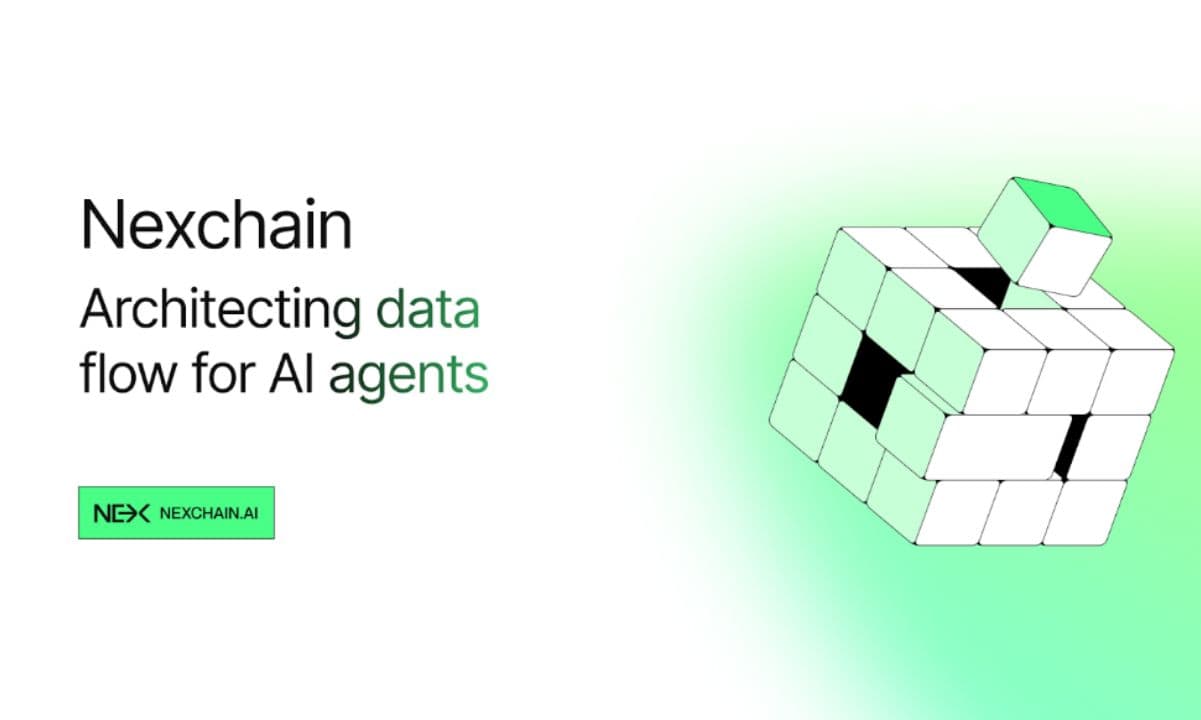
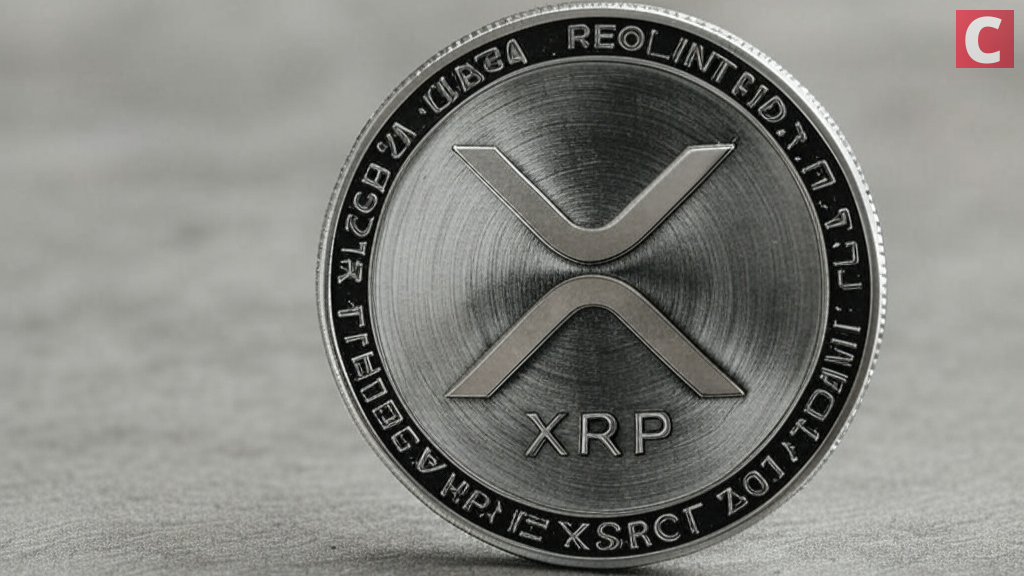






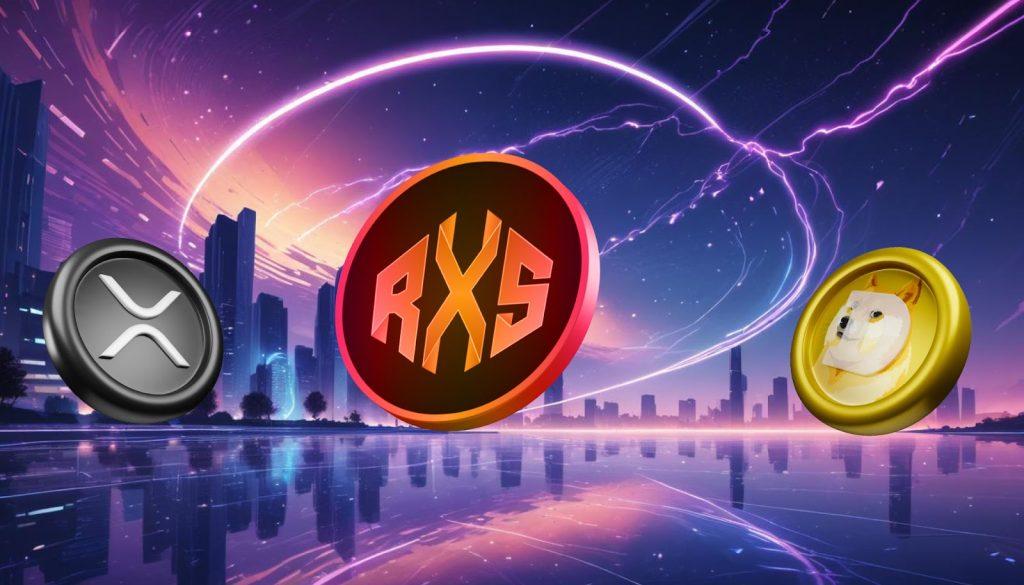

 English (US) ·
English (US) ·